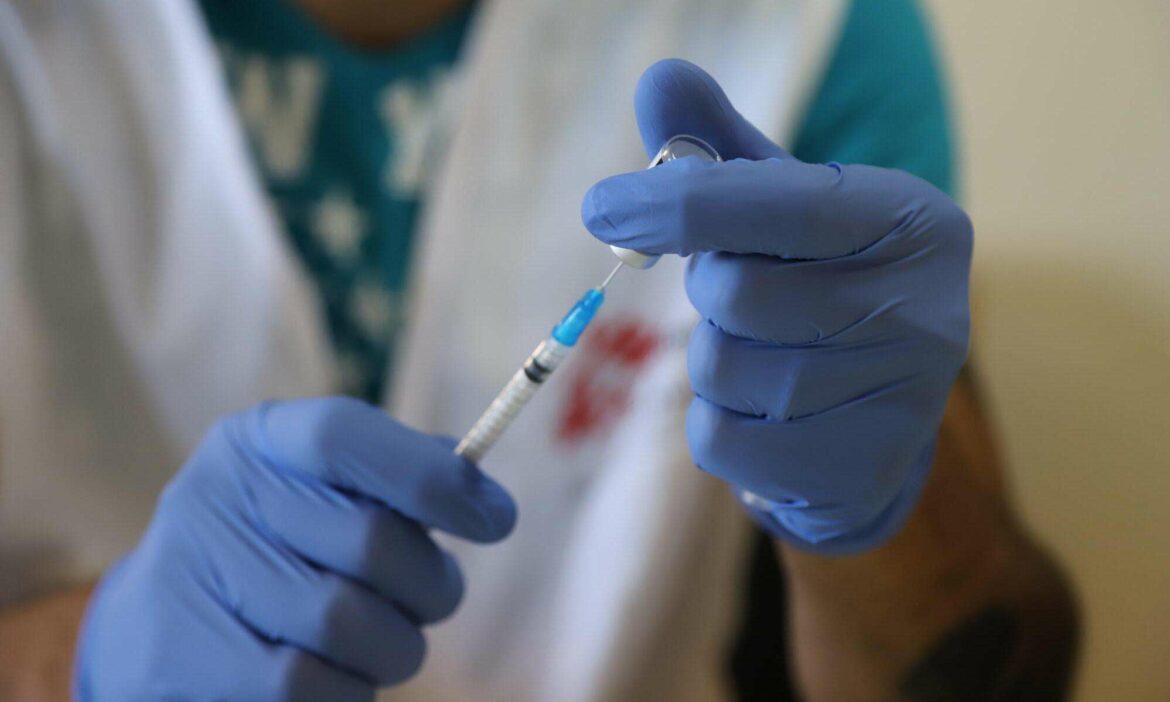The lack of funds, political will, and global platforms to address future pandemics may necessitate splitting the World Health Organization (WHO) into two entities.
This suggestion comes from a recent report by former New Zealand Prime Minister Helen Clark and former Liberian President Ellen Johnson Sirleaf, who were co-chairs of the Independent Panel for Pandemic Preparedness and Response. Clark emphasized the global inadequacy in handling potential outbreaks, citing the current inability to contain them effectively. The report, titled “No Time to Gamble: Leaders Must Unite to Prevent Pandemics,” evaluates the progress made in implementing recommendations presented to the World Health Assembly in May 2021.
The call for transformative changes in international systems to enhance funding, ensure equitable access to medical products, and establish a new Framework Convention at WHO is reiterated in the report. Despite the urgency highlighted during the COVID-19 peak in 2021, global leaders have failed to prioritize pandemic preparedness.
The report emphasizes the pressing need for a new agreement to safeguard the world’s population against future pandemics. The proposal to split the WHO into separate entities to focus on emergency operations and technical excellence is put forth for consideration.
The report also stresses the necessity of additional financing, estimating an annual requirement of $10-15 billion to bridge gaps in pandemic preparedness, particularly in low and middle-income countries. The proposed conversion of the Pandemic Fund into a global public investment model aims to enhance preparedness efforts and response capabilities.
However, challenges such as high levels of debt and strained public finances in various countries pose obstacles to sufficient funding for pandemic readiness. Expanding access to medical countermeasures during pandemics, including ensuring speedy decision-making and equitable compensation for for-profit companies, is crucial according to the report.
The urgent need for proactive measures and international cooperation to address potential future pandemics is emphasized throughout the report. The report characterizes medical countermeasures as a global public good, highlighting how disparities in their accessibility during the COVID-19 pandemic have resulted in a lingering moral dilemma and hindered the negotiation of a pandemic agreement.
Dr. Petro Terblanche, CEO of Afrigen Biologics, the host of the WHO mRNA hub in South Africa, mentioned that the world’s knowledge on responding to pandemics has significantly expanded over the past three years.
Despite this progress, Terblanche expressed concern that in the event of a current pandemic, countries in the Global North would be more adept and prepared due to the accumulated knowledge. This advantage, however, might not extend to the Global South, contingent upon the production locations of essential medical countermeasures.
She cautioned that the completion of the mRNA program is currently at risk due to insufficient funding, advocating for investments in comprehensive research and manufacturing capabilities in low and middle-income countries to prepare themselves for future pandemics.
Pointing out that in 2023, the African continent experienced 155 outbreaks, with vaccines available for fewer than 10, she emphasized the potential of utilizing mRNA technology to develop a unified vaccine for both animals, livestock, and humans, particularly in the case of Rift Valley Fever. Terblanche stressed the importance of prioritizing this approach in terms of research, development, and product advancement.
